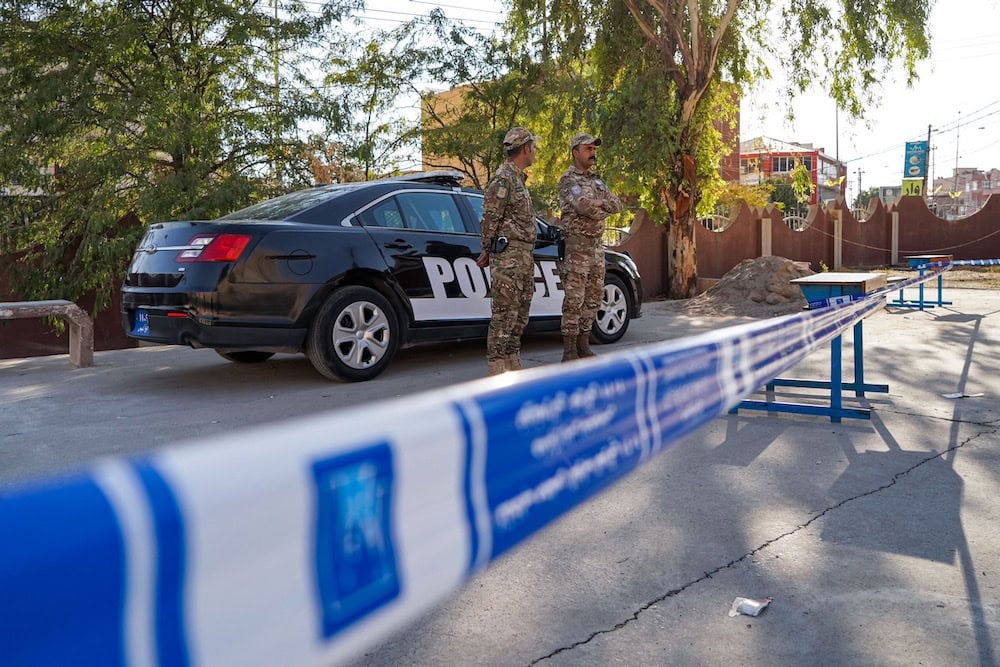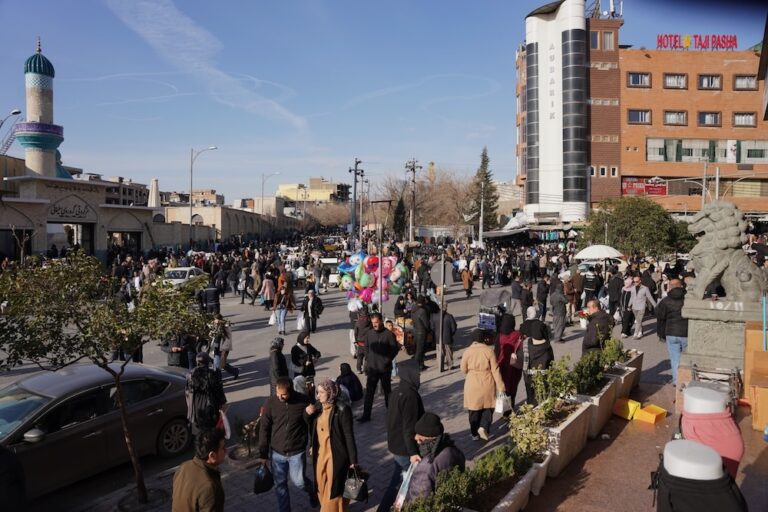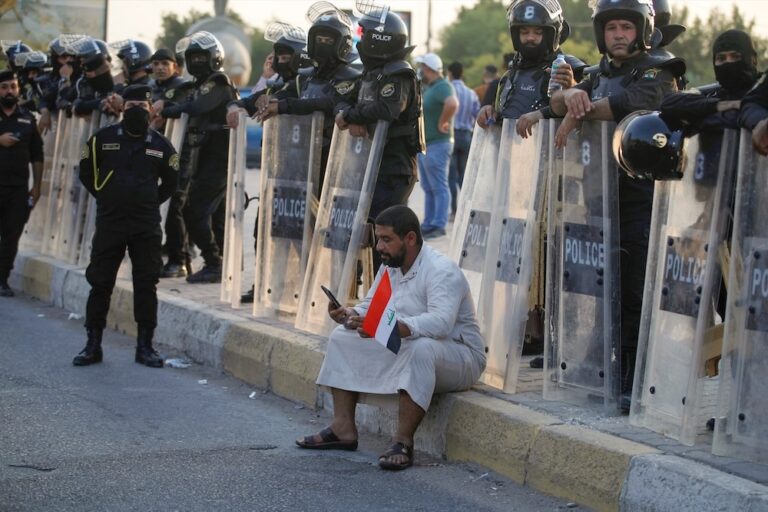"Accusing Sleman Ahmed of espionage and holding him for months before giving him access to his lawyers is yet another setback to press freedom in Iraqi Kurdistan." - CPJ
This statement was originally published on cpj.org on 24 June 2024.
The Committee to Protect Journalists calls on Iraqi Kurdish authorities to immediately and unconditionally free Syrian journalist Sleman Ahmed, who has been detained for eight months, and drop all charges against him.
Ahmed — an Arabic editor for the local news website RojNews — is due to stand trial before Duhok Criminal Court in northern Iraqi Kurdistan on June 30, RojNews editor-in-chief Botan Garmiyani and Ahmed’s lawyers Nariman Ahmed and Reving Hruri told CPJ.
The news follows the filing in April of an Urgent Action to the United Nations Committee on Enforced Disappearances by CPJ and the MENA Rights Group to clarify Ahmed’s fate and whereabouts.
Ahmed was arrested on October 25 while entering Iraq’s semi-autonomous Kurdistan Region from Syria, where he had been visiting his family. The Security Directorate (Asayish), which is responsible for border security in Duhok Governorate, accused Ahmed of carrying out “secret and illegal” work for the Kurdistan Workers’ Party (PKK).
The separatist PKK is designated a terrorist organization by countries and institutions, including the U.S., Turkey, and the European Union. Iraq’s National Security Council banned the group from operating in the country earlier this year. Ahmed’s outlet, RojNews, is pro-PKK and regularly reports on its activities.
Ara Khder, a spokesperson for the Kurdistan Regional Government’s Office of the Coordinator for International Advocacy, told CPJ in an email on May 26 that Ahmed had been arrested under the order of the Duhok Investigation Judge under Article 1 of Law No. 21 of 2003 and charged with espionage. Ahmed was being held in the Duhok Security Directorate’s prison.
“Accusing Sleman Ahmed of espionage and holding him for months before giving him access to his lawyers is yet another setback to press freedom in Iraqi Kurdistan,” said CPJ Program Coordinator, Carlos Martinez de la Serna, in New York. “Iraqi Kurdish authorities should release Ahmed immediately and drop all charges against him.”
‘We had no idea where he was’
The journalist’s lawyers told CPJ that Ahmed had no legal representation until May 22, when they were able to visit him in prison and receive official recognition as his legal team.
“For six months, we had no idea where he was, just so we could get his approval to be his attorneys,” said Hruri.
“For the first time since his arrest, he was also able to have a brief phone call with his family,” the journalist’s other lawyer, Nariman Ahmed, told CPJ.
The journalist could face life imprisonment if convicted under Article 1 of acts intended to undermine the stability, sovereignty, and security of the Kurdistan Region’s institutions.
Four other Kurdish journalists have been jailed for three to six years under the same article on charges of endangering the national security of the Kurdistan Region.
While Khder said in her May 26 email that Ahmed had access to his family, Ahmed’s lawyers and his brother, Ahmed Mohammed Ahmed, told CPJ that the family had not been allowed to visit him.
“They only allowed him a two-minute phone call to confirm he is alive, no more, no less,” the journalist’s brother told CPJ in June via messaging app. “They don’t allow us to visit him in prison.”
Garmiyani told CPJ that RojNews rejected the charges against Ahmed. “This is merely a plot to imprison him. We demand his immediate release,” he said.
CPJ called Duhok Asayish Director Zeravan Baroshky for comment but did not receive any reply.



